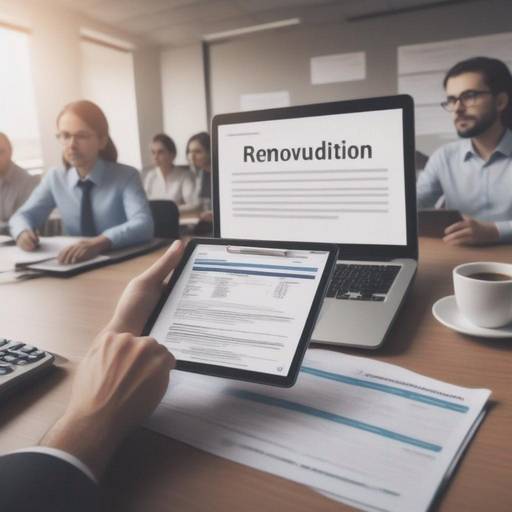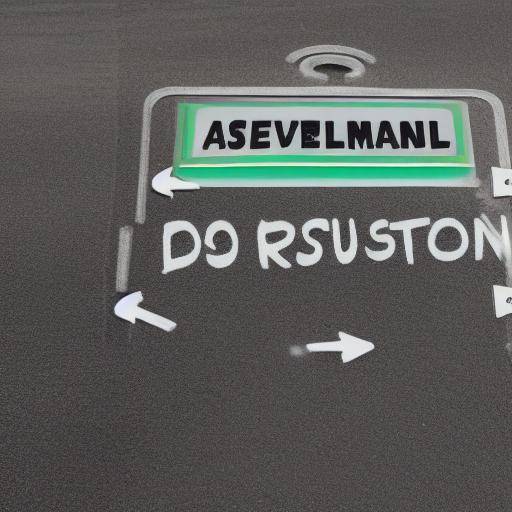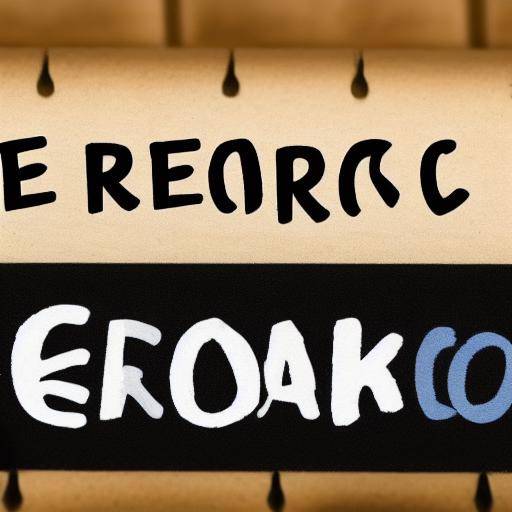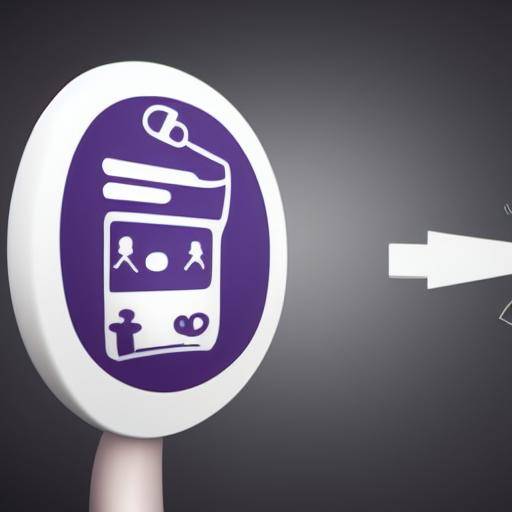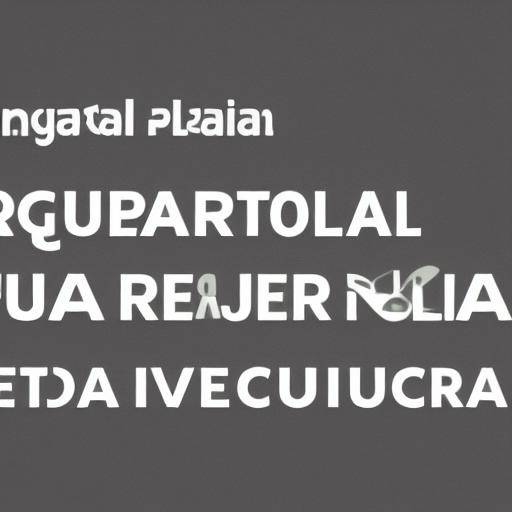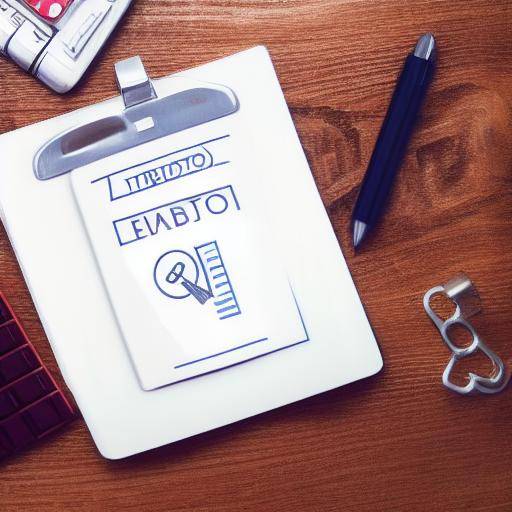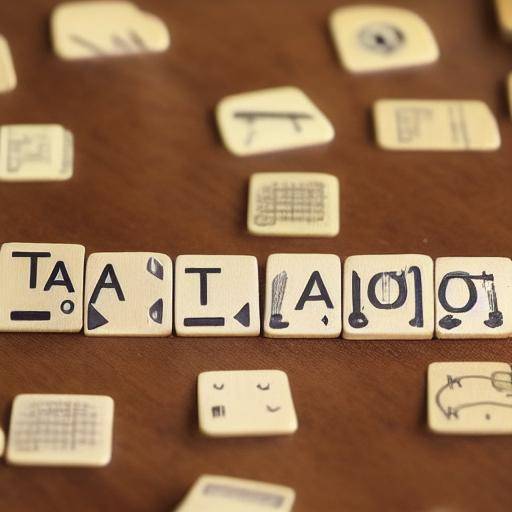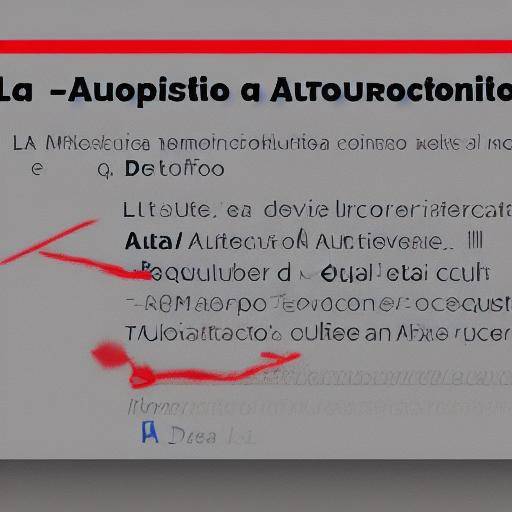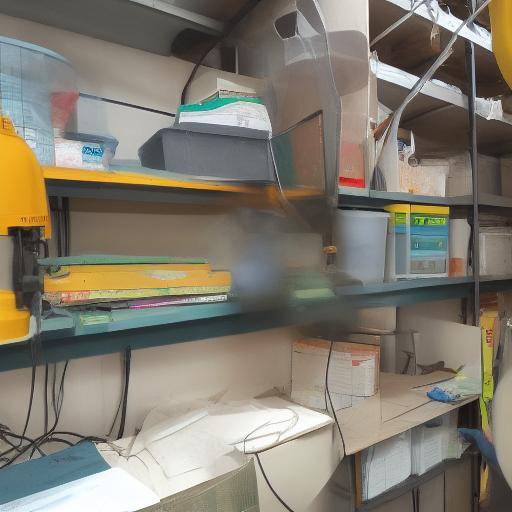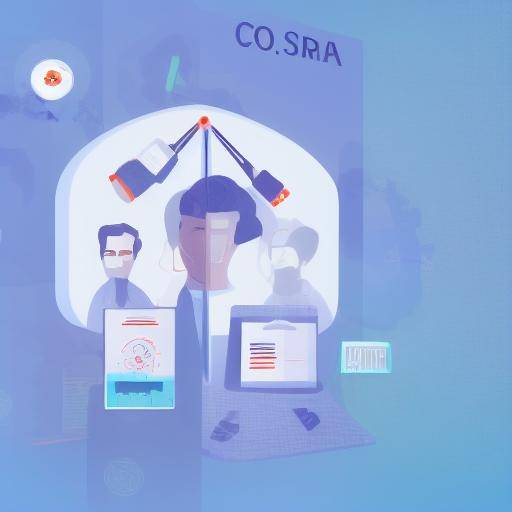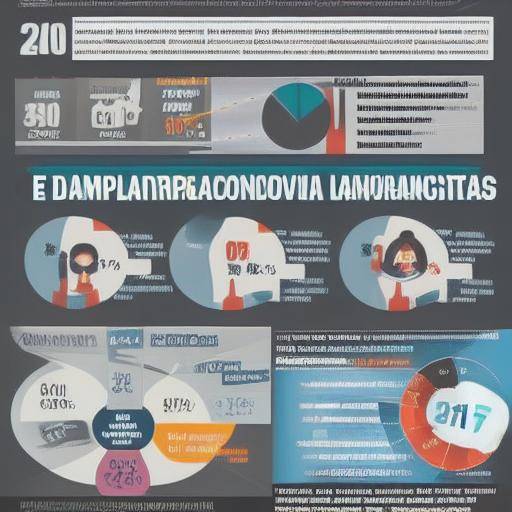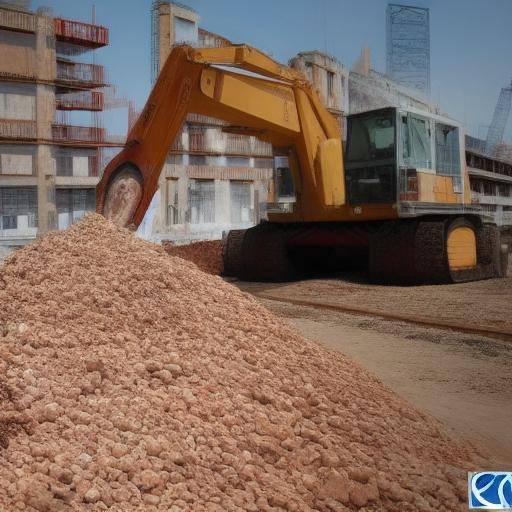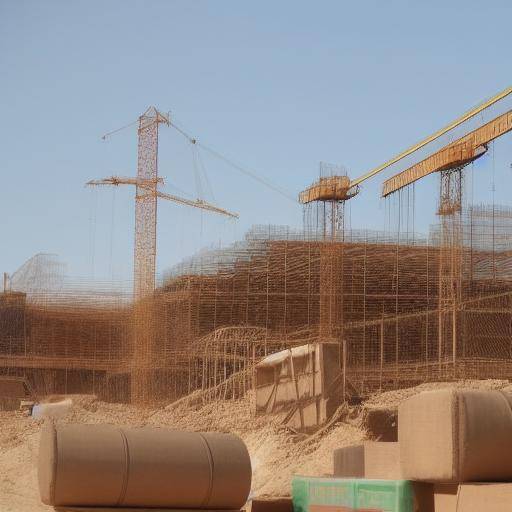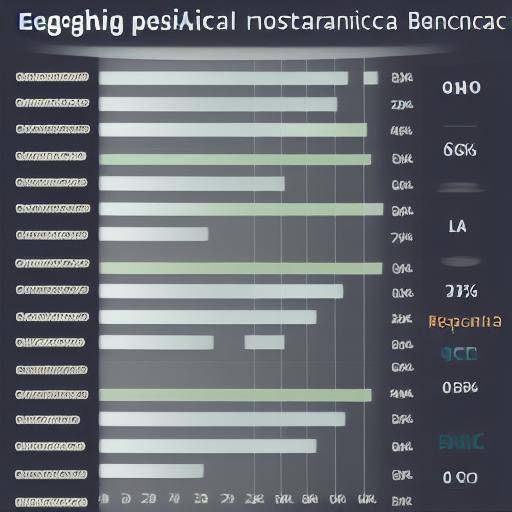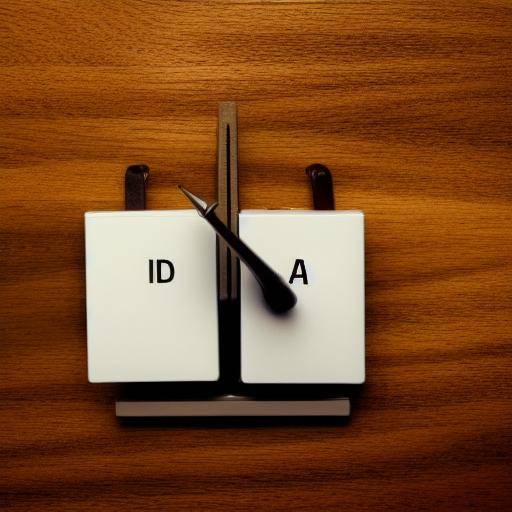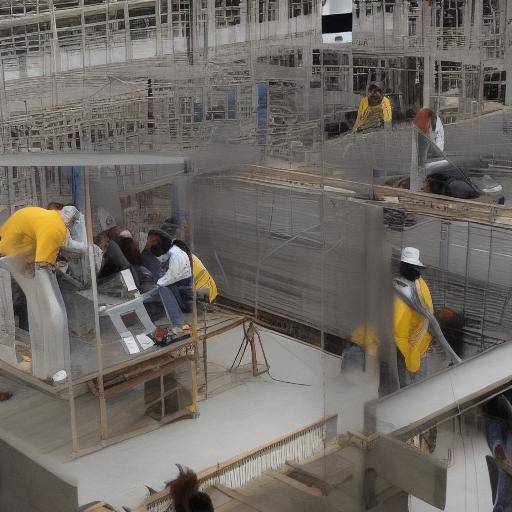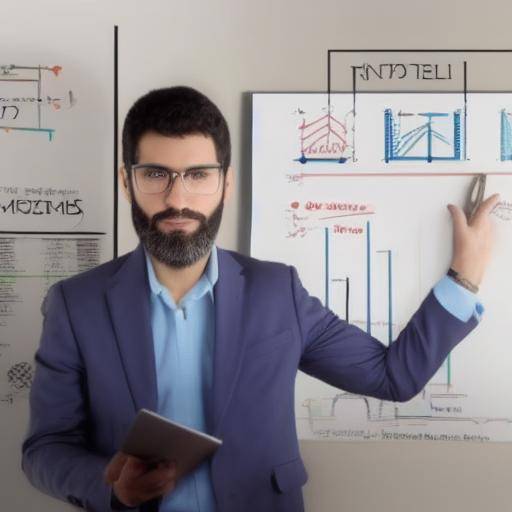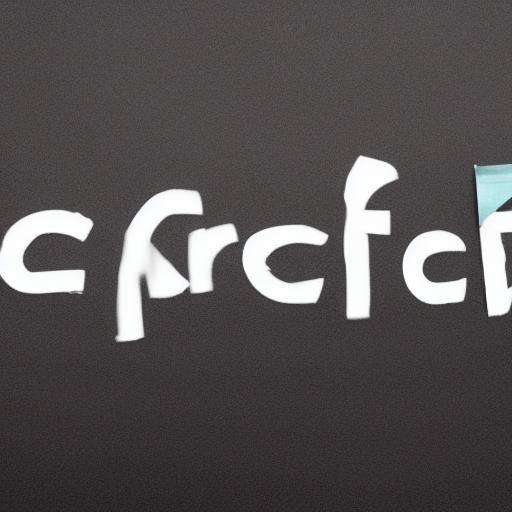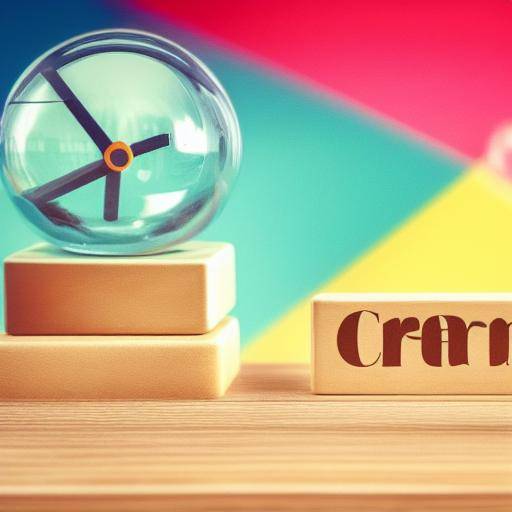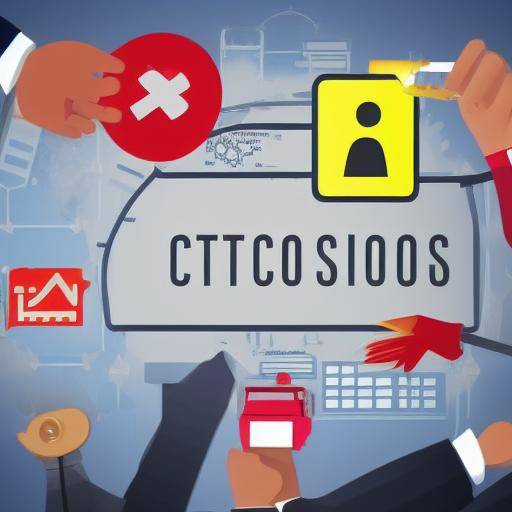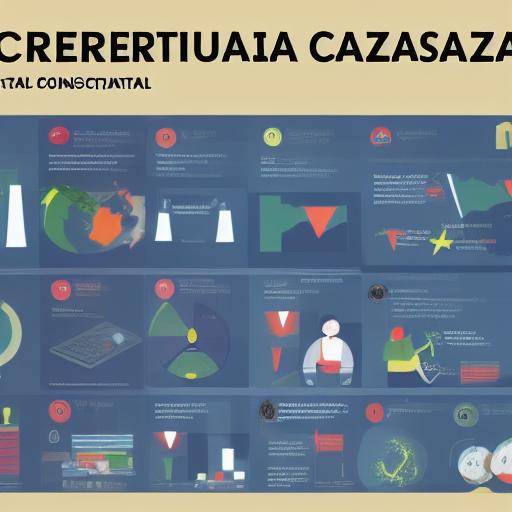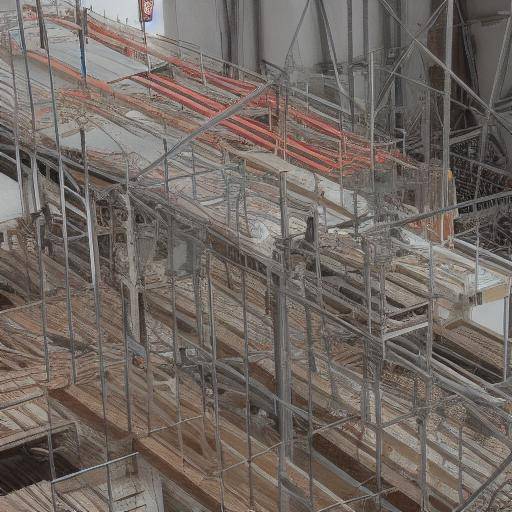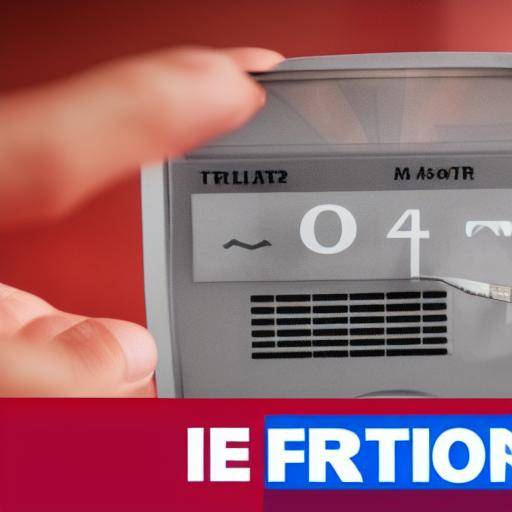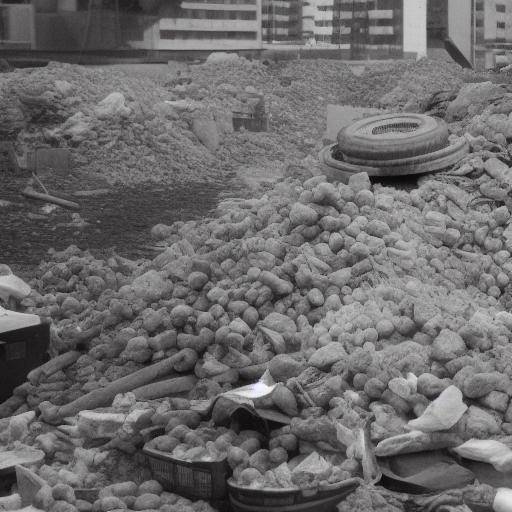
Self-assessment is an intrinsic tool for continuous improvement and effective management of constructive criticism. In this article, we will explore the importance of self-evaluation in the process of receiving and managing constructive criticism, as well as its impact on personal and professional development. In addition, we will analyze current trends, compare different evaluation methods and provide practical advice to implement effective self-assessment.
Introduction
Self-evaluation, understood as the ability to reflect on our own performance, is essential for personal and professional growth. By understanding our strengths, weaknesses and areas of improvement, we can receive and manage constructive criticism more effectively. The proper management of constructive criticism not only promotes individual development, but also contributes to the progress of teams and organizations.
In this article, we will thoroughly explore self-assessment, address its relationship with constructive criticism and continuous improvement, provide real examples and practical advice, and identify future trends in this field.
History and Background
Self-evaluation has deep roots in philosophy and psychology. Since ancient times, philosophers like Socrates encouraged personal reflection as a means of achieving wisdom. With the advent of modern psychology, self-assessment became a fundamental pillar of theories such as Carl Rogers' self-realization.
In business, self-evaluation has been promoted as a tool for performance management and skills development since the 1960s. Over time, it has been integrated into human resources management practices and has expanded to different areas, including the educational field.
Analysis in Deep
Self-evaluation not only drives self-consciousness, but also promotes self-direction and adaptability. A study conducted by Harvard University showed that individuals who regularly self-evalute have a greater capacity to handle constructive criticism and use it as a catalyst for their development.
In a business context, effective self-evaluation fosters an environment where constructive criticism is perceived as an opportunity for growth rather than a threat. In addition, it empowers employees to assume responsibility for their own development, thus promoting continuous improvement in the organization.
Comprehensive review
Self-assessment is intertwined with the management of constructive criticism to the extent that it allows individuals and teams to identify areas of improvement proactively. This practice not only facilitates the reception of constructive criticism, but also enhances the ability to implement positive changes quickly and effectively.
To carry out an effective self-assessment, it is crucial to establish clear and measurable criteria, and focus on learning and growth, rather than simply on performance evaluation. These principles lay the foundation for a fruitful management of constructive criticism and for the promotion of continuous improvement both individually and organizationally.
Comparative analysis
Self-assessment differs from the constructive criticism in which the latter is the result of external evaluation of others, while the first comes from an internal evaluation. Despite this, both practices converge in their goal of boosting growth and excellence.
Self-assessment, constructive criticism and continuous improvement form an interdependent triangle in which internal and external feedback is complemented to boost progress. While everyone has their own role, it is their integration that enhances their impact.
Practical Tips and Accessible Tips
Tips for Implementing Effective Self-Assessment:
- Establish clear and attainable objectives for self-assessment.
- Use tools and techniques that facilitate reflection, such as personal journal or self-assessment of competencies.
- Find feedback from colleagues and supervisors for external perspectives.
- Use self-evaluation as a basis for the creation of personal and professional development plans.
Perceptions of Industry and Expert Reviews
According to Ana Martínez, director of human resources in a technology-leading company, "The self-evaluation is fundamental to the development of our employees. It allows them to identify their strengths and areas of improvement, which in turn favors the effective management of constructive criticism. "
The perspectives of experts from different sectors agree that self-evaluation is a fundamental pillar for the management of constructive criticism and for the promotion of continuous improvement in the labour and academic spheres.
Case Studies and Practical Applications
A study conducted in a financial sector company revealed that the implementation of self-assessment and constructive criticism management programmes led to a significant increase in productivity and labour satisfaction. The employees felt more empowered and committed to their professional development, which resulted in a positive impact on the results of the company.
Future Trends and Predictions
As organizations recognize the importance of self-assessment and the management of constructive criticism, an increase is expected in the implementation of programmes and tools that facilitate these practices. In addition, more technology is expected to be integrated to monitor and analyse individual and collective progress.
Conclusions
Self-evaluation is an essential component for the effective management of constructive criticism and the promotion of continuous improvement. By fostering personal reflection and the assumption of responsibility, self-evaluation enhances the positive impact of constructive criticism and promotes personal and professional development.
It is crucial to recognize that self-evaluation not only benefits individuals, but also nourishes growth and excellence within teams and organizations. Incorporating self-evaluation in a systematic and effective manner in the management of constructive criticism leads to a culture of continuous learning and an enabling environment for development.
FAQs
What is self-evaluation?
Self-assessment is the process by which a person reflects on his own performance, identifies strengths and areas of improvement, and sets goals for personal and professional development.
How can I receive constructive criticism effectively?
Recognizing the importance of feedback and maintaining an open and receptive attitude are essential to receiving constructive criticism effectively. In addition, it is crucial to see criticism as an opportunity for learning and growth.
In what areas does self-evaluation apply?
Self-evaluation has applications in various fields, such as work, academia, sports and staff. In each of these contexts, self-assessment can enhance the development of skills and skills.
What is the importance of continuous improvement in relation to self-evaluation?
Continuous improvement is based on proactive identification of development areas and implementation of changes geared to excellence. Self-assessment allows the momentum of continuous improvement by providing a clear vision of individual strengths and weaknesses.
How can I implement self-assessment in my organization?
The effective implementation of self-assessment in an organization requires the establishment of a culture that promotes reflection, learning and growth. In addition, it is necessary to provide tools and resources that facilitate this practice.
What are the current trends in self-evaluation in the workplace?
Current trends in the labour sphere aim at greater integration of self-evaluation into performance management and professional development processes. In addition, there is a growing emphasis on the use of technologies that allow the monitoring and analysis of individual and collective progress.
In short, self-evaluation is an invaluable resource in the management of constructive criticism and the promotion of continuous improvement. In fostering personal reflection, overcoming challenges and proactive development, self-evaluation is a fundamental pillar for growth and excellence both at the individual and organizational levels.
As explored throughout this article, the effective combination of self-assessment, the management of constructive criticism and the practice of continuous improvement is key to sustainable development in a constantly evolving world.
As we enter a future marked by innovation and change, it is crucial to recognize the value of self-evaluation as a powerful tool for progress and resilience.
With this article, the importance of self-evaluation in the management of constructive criticism and continuous improvement has been addressed in a comprehensive manner. The sections provide a thorough and intelligent analysis of key concepts, offering the reader a clear and profound view of the topic.

